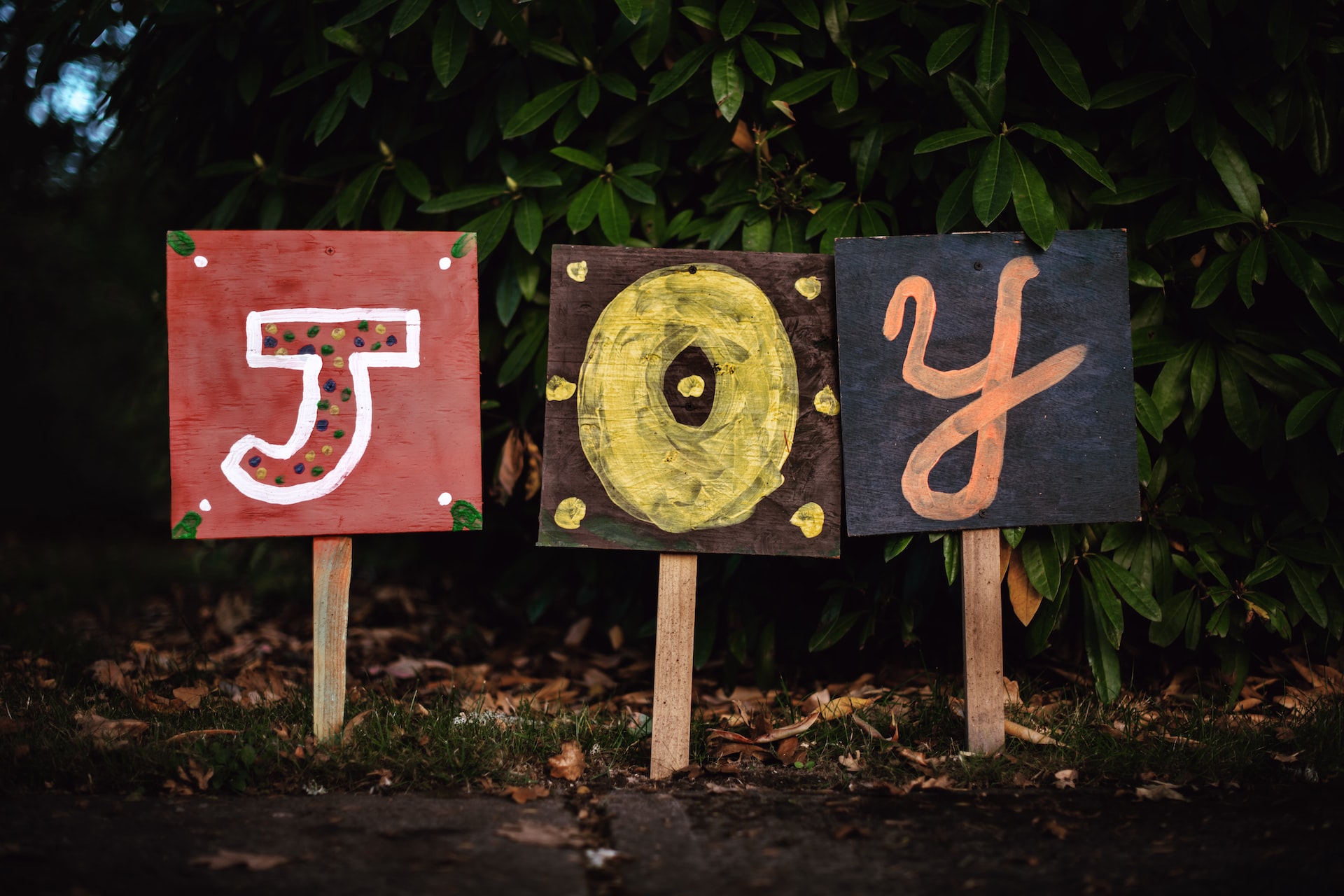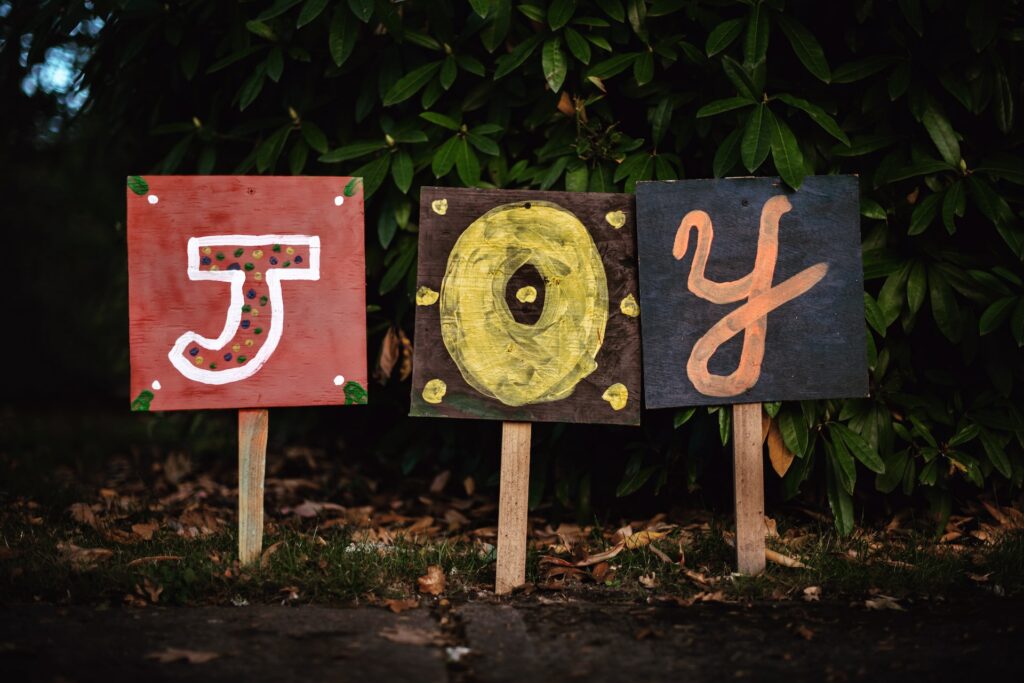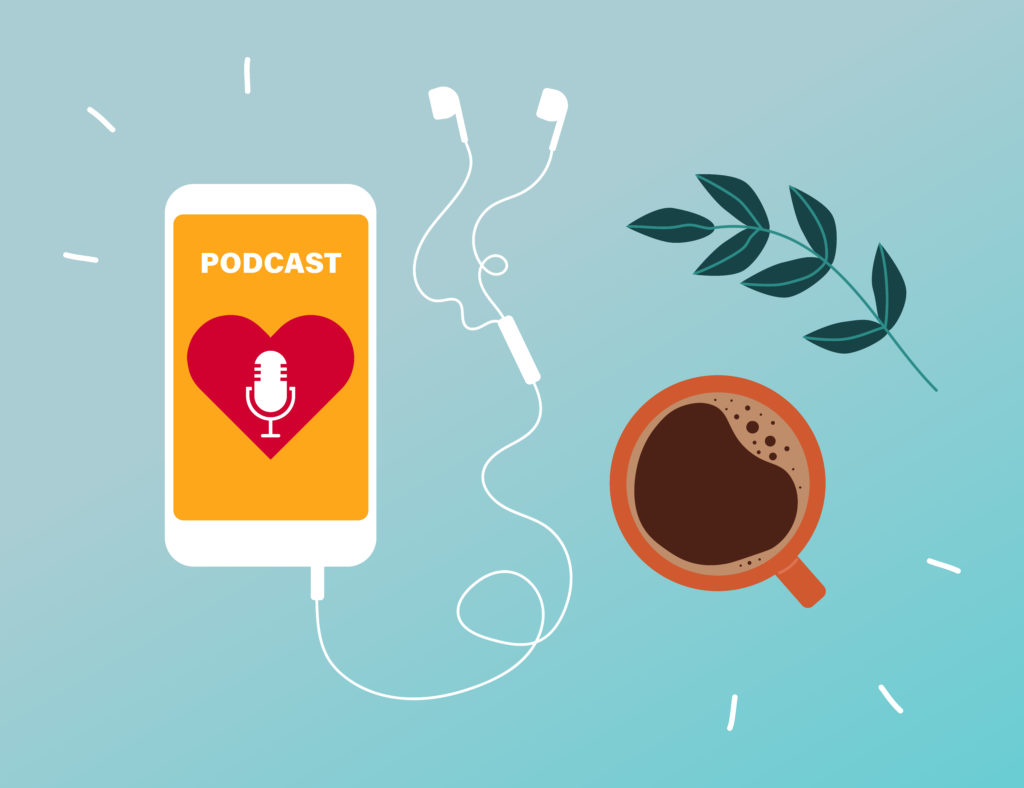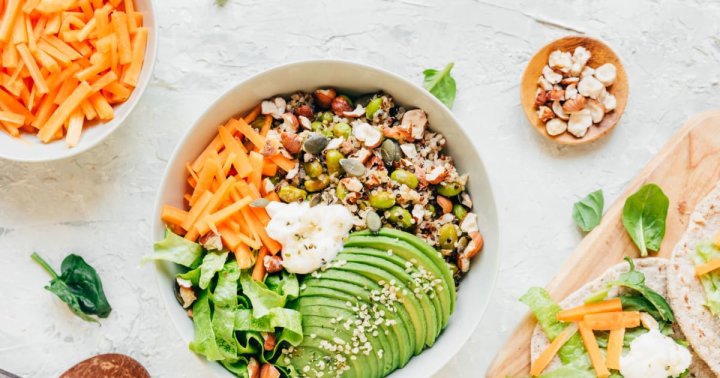Stop Chasing Happiness. Choose Joy Instead.
It is the time of year where we hear a lot about joy. We sing Joy to the World when it comes on the radio or at church on Sunday morning. We receive Christmas cards from loved one that wish...


It is the time of year where we hear a lot about joy. We sing Joy to the World when it comes on the radio or at church on Sunday morning. We receive Christmas cards from loved one that wish us “Peace and Joy”. We spend most of our time obsessed with the pursuit of happiness. Am I happy? Are they happier than I am? How do I become happier? But how often do we think about how joyful we are? How often are we intentionally choosing joy?
Many people may see happiness and joy as interchangeable, but I would argue that they are very different. In their book Love People, Use Things, The Minimalists provide a great framework for understanding the nuances between pleasure, happiness, contentment, and joy.
Pleasure is something that feels good and is enjoyed in the moment. Happiness is also felt in the moment, when “your decision aligns with the person you aspire to be.” So while pleasure can come from any number of things, happiness comes from an alignment with your identity and values.
Both pleasure and happiness, however, are momentary and fleeting. The Minimalists liken it to eating: pleasure is eating a delicious piece of birthday cake, while happiness is eating a delicious, healthy meal. In both cases, you will get hungry again. Contentment and joy, on the other hand, are both nourishing and sustaining.
If happiness is one healthy meal, The Minimalists argue, then contentment is having consistent, well-balanced meals over a long period of time. Having that sustained consistency allows you to feel truly satisfied.
IF WE ARE CONTENT, WHY PURSUE JOY?
For those who are constantly chasing pleasure and happiness – either seeking the dopamine rush from money, stuff, food, sex, social approval, or finding things and experiences that bring us happiness in the moment- contentment seems like an admirable goal. One definition of being contented is “feeling or showing satisfaction with one’s possessions, status, or situation.” Instead of the constant pursuit of more, contentment is the satisfaction with what you have right now. The mantra of contentment could be: I have enough. I am enough. Just as I am, imperfect, in this moment.
So why would we seek to experience joy if we are content with our lives as they are? I believe there are two key reasons: circumstances and community.
FINDING JOY WITHIN YOU AND SHARING JOY WITH THOSE AROUND YOU
The standard definitions of joy make it sound like happiness on steroids: “a feeling of great happiness”, “the emotion of great delight”. These standard definitions stem from the Latin word gaudium.
There is, however, another definition of joy that I would like to propose, based upon the Greek word 𝘤𝘩𝘢𝘳𝘢. I became familiar with this in the context of the Biblical definition of joy, as chara can be found almost 60 times in the New Testament. What makes chara different is that is that is defined as “calm delight” or “internal gladness.” Chara is a calm internal state that is unaffected by external circumstances.
Pleasure, happiness, even contentment are dictated by external circumstances – what we have and what we don’t have in the moment. But chara joy exists regardless of circumstances. This sustaining joy may come from the hope found in a higher power, living in the present moment, or a quality of the awakened, enlightened heart.
The Minimalists, in their framework, see joy as “the highest form of well-being” that is also independent of other emotions caused by circumstances. “Because joy doesn’t strive for immediate satisfaction, it is possible to experience the full range of emotions —including pain and grief and regret — and still experience joy.”
They go a step further, however, to bring an aspect of community to the concept of joy. In their estimation, joy occurs only “when other people are involved.” Using their meal framework again, joy is found by sharing a delicious, healthy meal with someone else. If joy as a wellspring that comes from the deepest part of us, it seems only natural that we would experience deep and lasting joy by sharing that joy with others.
THIS HOLIDAY SEASON, FIND JOY
Eleven months out of the year we seek pleasure and happiness. We are surrounded by messages that their pursuit should be our highest priority. Even on Thanksgiving, where we take a temporary break to be grateful and even content, this gratitude can be pushed aside the next day for Black Friday and the holiday rush taking us all the way to December 31.
But then we are reminded, whether it’s a song on the radio, a sermon at our church, or a throw pillow we see at Target, that there is something that missing from the equation. Joy – full, buoyant, rising joy- joy that is independent of our problems and challenges, is available to us at all times. Let’s not forget joy when we’re done singing carols and the decorations have been put away. Rediscover it within yourself, choose it daily, and share it with the people around you.
About the Author: Emily McDermott is a wife, mother, and simplicity seeker, chronicling her journey at Simple by Emmy. She loves to dance, write poetry, and spend time with her husband and two young sons.

 Astrong
Astrong 































